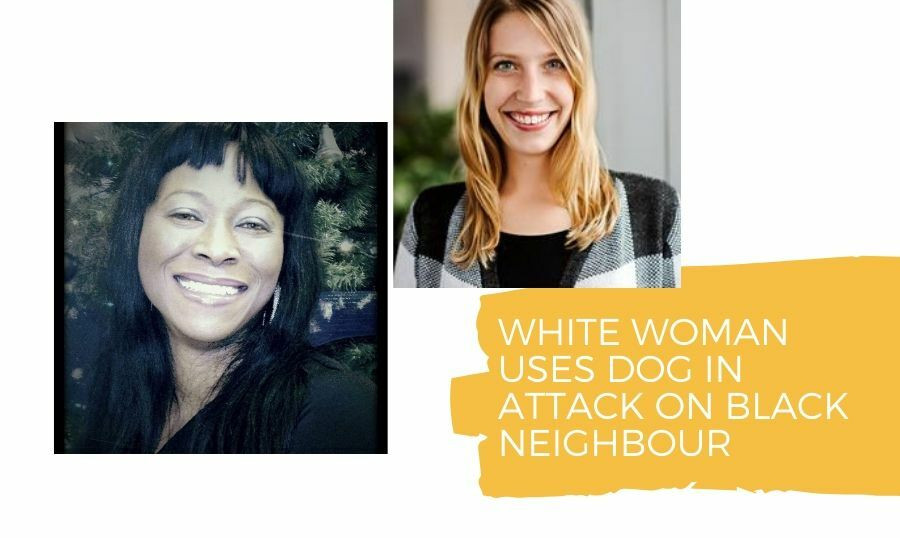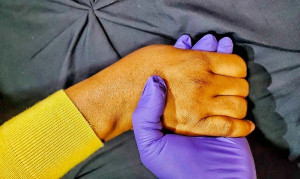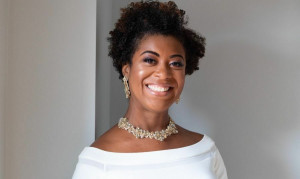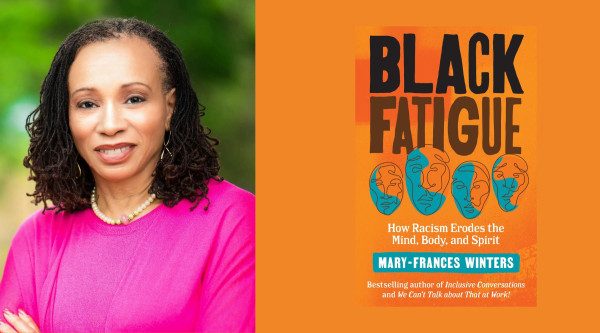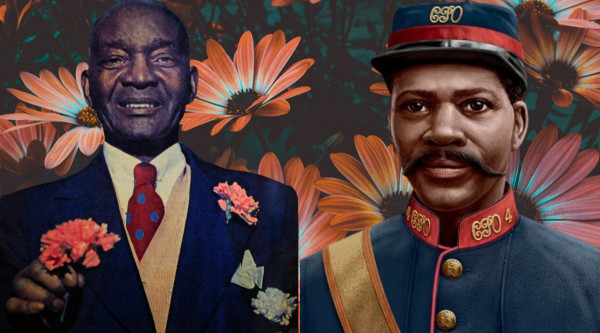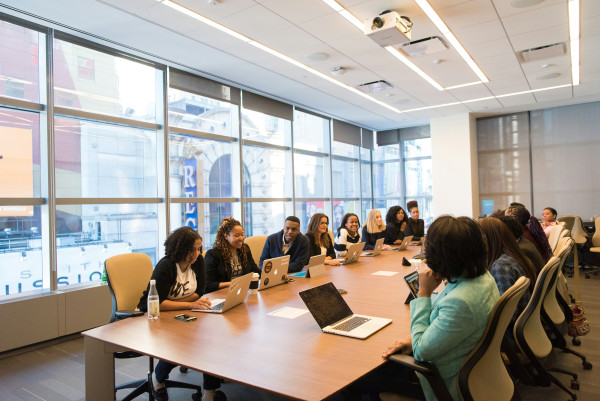On February 27th, 2020, Ekweozoh and her thirteen-year-old daughter had recently returned from a trip. According to Ekweozoh, as she was transferring her belongings back to her apartment, she was startled by yelling coming from the apartment across from her.
“Erin came out of the apartment, she was already screaming at her partner. As soon as she saw my bags, she turned her anger towards me and asked, “Why is there garbage in the hallway? Why would you leave garbage here at 11 PM?” Ekweozoh said. Ekweozoh replied, “That’s not garbage. This is my family’s property.”
To this, Farrow angrily commanded, “Don’t talk back at me! Don’t talk back at me! If you talk back at me, I’ll send my dog to attack you!”
As those words left Farrow’s mouth, she dropped the leash and the dog ran towards Ekweozoh and her daughter. They both fell into their apartment and the door slammed shut. Ekweozoh injured her ankle after tripping over their belongings in an attempt to return to the safety of their apartment. As Ekweozoh returns to the hallway to retrieve the rest of her belongings, Farrow once again sets the dog on Ekweozoh. In a panic, Ekweozoh calls the Waterloo Regional Police.
Two hours later, one police officer showed up. After briefly listening to Ekweozoh’s story, he knocked on Farrow’s door, waiting for approximately twenty minutes. The police officer soon returned to Ekweozoh and recounted Farrow’s version of events -- where she claimed that Ekweozoh had tried to attack her and that’s why she set the dog on her. The police officer said that since the dog had not bitten Ekweozoh or her daughter, no offence was committed. This statement is inconsistent with the Dog Owners’ Liability Act which states that a dog owner is liable for the damages caused by a dog’s bite or attack. The officer told Ekweozoh that there would be no charges laid against Farrow, but to report the incident to the Humane Society. Otherwise, should another scuffle arise, he told Ekweozoh that she has the right to defend herself in the face of danger.
Ekweozoh reported to the Humane Society, who confirmed that there was in fact an offence breached under the Dog Owners’ Liability Act and that Ekweozoh should file an official complaint against her neighbour. The following day, Ekweozoh went to the police station to file the complaint. The police officer at the reception desk abruptly dismissed her, saying that ‘nothing would happen’ and that the officer who initially responded to the incident would call her to follow up. As of September 30th, Ekweozoh has not heard from the officer. Since this altercation, Ekweozoh and her daughter have been paralyzed by fear in their apartment building. Her daughter, in elementary school, feels unsafe walking through the corridor without her mom.
“Anytime I come out of my apartment, my heart skips because I don’t know what’s going to happen,” Ekweozoh says, “My daughter lost her independence, I have to walk her down the stairs for the school bus and wait for her to return to walk her back upstairs. She keeps asking, what if she goes outside and the dog is there?”
Fortunately, Ekweozoh found support with the local Nigerian-Canadian Association, who arranged for her to speak directly to police officers about the events of February 27th at a local community event. At the event, Ekweozoh was intercepted by Julie Suddz, the Diversity, Equity and Inclusion Officer for the Waterloo Region Police Service. According to Ekweozoh, Suddz informed her that it would be in her best interest to file a formal complaint against the police officers. Suddz was contacted for comment but has not responded. After much back and forth between Ekweozoh and several other officers, no intervention or protection was provided by the regional police.
Ekweozoh tried to patch together some form of normalcy for her and her daughter. In an attempt to remain physically active during the pandemic, Ekweozoh joined a walking group where they keep each other accountable on physical activity based on the number of steps they accrue. As she’s unable to leave the building, she decided to conduct her exercise in the hallway. On the morning of September 18th, as Ekweozoh gathered her steps, Farrow exited her apartment, accompanied by her dog and boyfriend. She began to question Ekweozoh as to why she was exercising in the hall. Ekweozoh chose to ignore Farrow and continued her walking.
The next day, Ekweozoh was exercising in the hallway again when Farrow, with her dog and boyfriend, began to question her. Again, Ekweozoh ignored her. Farrow and her boyfriend left, but when they returned, she once again dropped the leash and the dog ran towards Ekweozoh. She managed to run into her apartment and escape the dog but got a cut on her stomach.
Ekweozoh emailed the Humane Society, the police officer and the building management about the situation with no response.
On Sunday, Ekweozoh resumed her exercise in the hallway, but since she had hurt her foot from the last dog encounter, she was using a broomstick to support her walking. Farrow emerged from her apartment, and as she passed by Ekweozoh, she lowered her mask and coughed in Ekweozoh’s face. Ekweozoh attempted to escape her neighbour who then accused Ekweozoh of intentionally harming her with the broomstick and proceeded to call the police.
“It felt very premeditated. She had two or three phones recording the event, her boyfriend had two phones as well. It makes me wonder about her mindset.”
Within twenty minutes, five police officers arrived, and they handcuffed Ekweozoh, informing her that she would be charged with assault with a weapon. Despite Ekweozoh’s pleas, the officers refused to hear her and compiled an incident report that did not include any mention of Ekweozoh’s version of events.
“I’m the one that’s had to call the police on this person several times and yet I’m the one that’s being charged with assault.”
Erin Farrow is currently employed at the University of Waterloo as Executive Assistant to Interim Associate Vice President of Human Rights, Equity and Inclusion (AVP of HREI). Just months ago, the original AVP of HREI resigned after a flurry of allegations of anti-Black and anti-Indigenous conduct by staff, students and faculty. We contacted Farrow for comment but have not received a response.
omi ra (who uses lowercase letters to write their name) works to enact meaningful change - an advocate for students at the intersection of Black, queer and femme identities. Rodney co-wrote a syllabus about historical Black queer figures for the University of Waterloo’s history department; created RAISE (Racial Advocacy for Inclusion, Solidarity and Equity) on campus; was President of the university’s Black Student Association (UWBASE); Omi now serves as the Equity Commissioner for the Waterloo Undergraduate Student Association. Finally, Omi spends their additional time doing community-building work for Toronto’s Black queer community.
